A rifle stock is the most important component of a rifle. It determines the handling and feeling of the gun and it influences your shooting performance. You get left and right-handed rifle stocks, so keep this in mind if choosing a stock for someone else.
Ultimately, you want to get the most out of your new rifle stock, like being able to attach modern slings and bipods. There’s a lot to consider when it comes to replacing a rifle stock because if you get it wrong, the rifle could end up being difficult or impossible to shoot. By choosing the right stock for your rifle, you could improve on both comfort and accuracy. However, rifle stocks below $100 are highly unlikely to make any big improvement on accuracy.
Rifle stocks can be purchased as a one or two-piece unit. Normally, the one-piece stocks have more accuracy potential because they are firm, but they are more expensive and heavier than the two-piece rifle stocks. Most rifle stocks specifically the bolt-on stocks, don’t take more than 10 minutes to install.
This article focuses on choosing a one-piece rifle stock.
Rifle Stock Material
The material of the rifle stock plays a bigger role than just providing aesthetics. The type of shooting and conditions in which you intend to shoot are also deciding factors. Wood and synthetic stocks that are properly treated can be used in wet environments, and synthetics do well as a cost-effective and waterproof alternative. But, note that using the wrong stock can interfere with your shooting. If the stock material is too soft, it allows a lot of movement, which makes it unreliable. Whereas the harder the stock material, the steadier the rifle and the more force it can absorb.
Although you can get unfinished laminated and hardwood stocks, it’s worth remembering that what you save on cost, you will spend in time to finish it off yourself. Hardwood stocks can have an accuracy potential anywhere from low to high, depending on the brand and design, while laminated wood stocks have a very high accuracy potential. Accuracy is affected by the weather, wood quality and the finish. Injection-molded synthetic stocks are average in potential and weight whereas composite synthetic stocks have higher accuracy and are lightweight.
BONUS OFFER: Get your free shooting range targets to print at home!
Get your free targets to print at home!
How much can you spend?
If you’re a rifle enthusiast, it’s easy to get carried away purchasing gun paraphernalia and accessories. But, it’s actually the material of the stock that really determines how much you spend.
Hardwood stocks that are finished off properly can start in the low-end range and exceed $2000 if you opt for a feature-rich walnut stock. The price is defined by age, wood species, grain consistency, and of course, aesthetics. But, for under $50, you can easily find an average and ordinary cross-grained stock.
Generally, the laminated stocks are made from birch and applied to the stock with heat and pressure. Because of the binding agent used, the stock is protected against moisture and safeguarded from any weakened spots in the wood spots. They are a good combination that offers customization, performance and value for money where you can spend as little as $100 for a decent rifle stock.
Synthetic stocks can include several different materials affecting the price range, which could be anything from $50 for injection-molded stocks to $800 for carbon fiber tactical stocks. The injection-molded stock is created with a thermoplastic and is comfortable with useful features in a good price bracket of $40-$120. However, thermoplastics don’t necessarily mean the stock is more solid or stronger than others. The downside is that over time the quality can diminish from the constant heat of firing or when constantly exposed to hot summer temperatures.
Weight, Size and Mobility
You could have the best rifle stock ever made but if you can’t hold it comfortably or carry it further than 10 meters then it’s useless to you and adds more risk when firing the rifle. A rifle with a stock that’s too heavy or big makes it harder to shoot accurately and manage the recoil. Being able to comfortably handle your rifle is key to good shooting.
The Choate Ultimate Sniper Stock (U.S.S.) in particular is considered comfortable when in the prone position, but for standing and walking, it’s abnormally big and heavy. While it may not suit the average build man, it could prove ideal for the heavier set shooter.
Choosing the right rifle stock is very dependent on what the rifle is used for. If you mainly intend being in a prone position or for competition shooting without much need for moving around, then the weight of the stock may be irrelevant. In fact, in this case, the more weight for a still position helps minimize the recoil effect and increase stability. Weight becomes a significant issue when you need to walk around, like in hunting. Then you’ll want something more lightweight to be more mobile.
For example, prior to 1994, law enforcement agencies used the Remington 700 PSS with a 24†hammer forged barrel, which is still widely used today. However, after 1994, the Remington 700 was upgraded with a 26†barrel. But this was not suitable for urban neighborhoods and the weight was too heavy for someone walking around on patrol. This was rectified when the Remington Light Tactical Rifle was released in 1997 with a shorter 20†fluted barrel and reduced weight. This was much better suited to the purpose of the rifle.
Rifle stocks can be classified into competition stocks like target or stocks, sporting stocks like the traditional stocks or hunting stocks, or hybrid stocks that are a combination of both.
In summary, there are many different stock materials and stock styles to choose from, which all comes down to the type of shooting and the characteristics and qualities of certain stocks that are designed for specific purpose. So, it’s all about your lifestyle, shooting preferences and budget. For good shooting, you want safety, comfort, and maximum stability for whatever position you fire from.

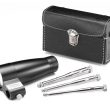
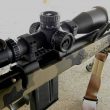

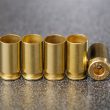
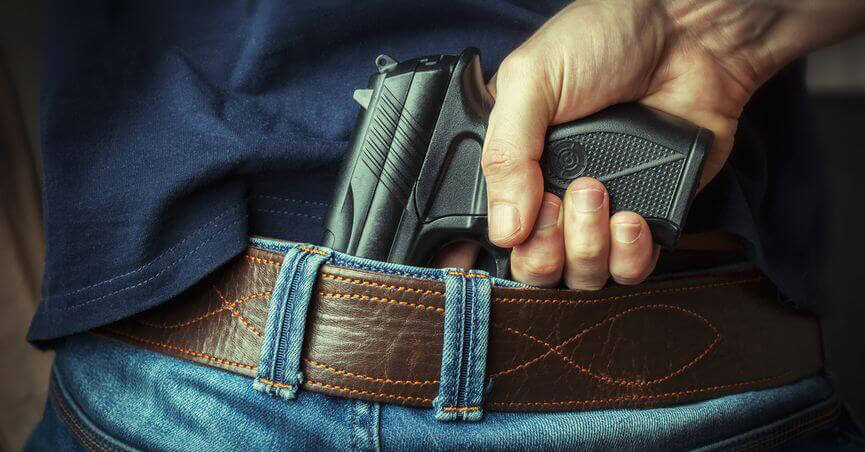
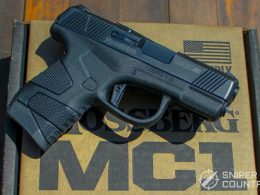
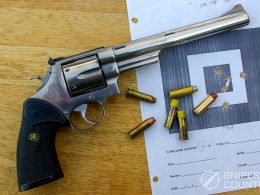
![[Review] Bear Creek Arsenal AR 7.62x39](https://www.snipercountry.com/wp-content/uploads/2021/08/BCA-title-1-260x195.jpg)
